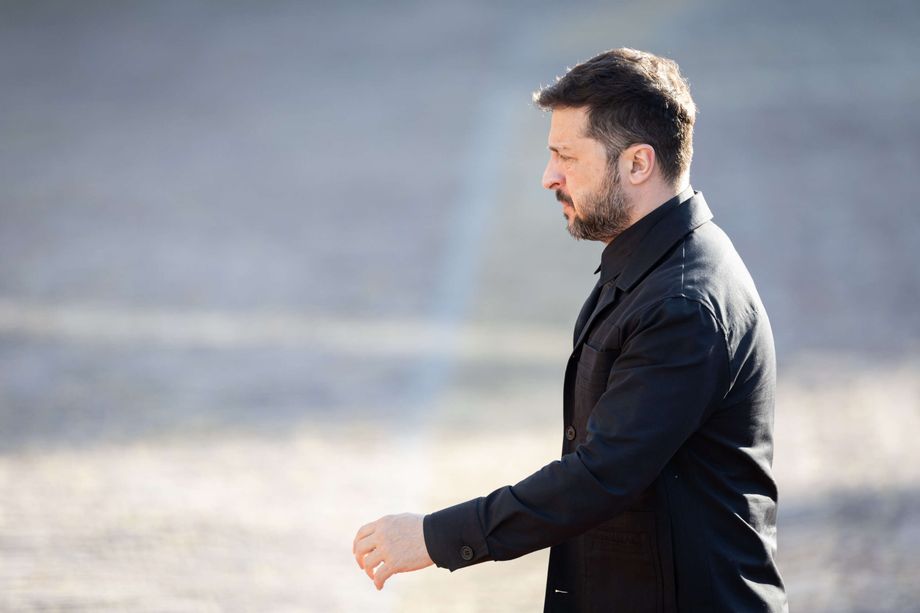Zelensky Rejects Putin's Offer: 'I Cannot Go to a Terrorist's Capital'
International affairs correspondent with extensive experience covering global politics, diplomacy, and cross-border issues

On the 1292nd day of the war in Ukraine, President Volodymyr Zelensky has firmly rejected Russian President Vladimir Putin's invitation to Moscow, citing ongoing attacks against Ukraine. The developments mark another critical moment in the ongoing conflict.
In a recent interview with ABC News, Ukrainian President Volodymyr Zelensky has declined an invitation from Russian President Vladimir Putin to visit Moscow for peace talks. Zelensky stated that he cannot consider such a visit while Ukraine remains under constant attack from Russian missiles and military operations. He suggested that if Putin is serious about peace, he should come to Kyiv instead. This refusal comes as Putin expressed readiness to meet Zelensky face-to-face, provided the meeting occurs in Moscow. Meanwhile, tensions continue to rise as the war drags on with no end in sight.
According to Andrii Jusov, a spokesperson for Ukraine's military intelligence service, there are currently nearly 700,000 Russian soldiers in Ukraine. This figure includes various support units, special forces, and the national guard. Despite the high number of Russian troops, Ukraine has managed to maintain a substantial military presence, though challenges persist. Russia continues to replenish its forces while Ukraine struggles with manpower shortages. The ongoing conflict has resulted in significant casualties on both sides, with over a million Russian soldiers estimated to have been killed or wounded since the war began in 2022.
Russia's drone production capacity has become a point of concern for Ukrainian officials. Andrii Jusov revealed that Russia is capable of producing up to 2,700 Shahed-type drones each month, a significant increase from previous estimates. These drones, based on Iranian technology, have been used extensively in recent Russian attacks. President Zelensky confirmed that in September alone, Russia launched over 1,300 drone strikes, alongside numerous air bombs and missiles. In response, Ukraine has ramped up its own production efforts, aiming to manufacture at least 1,000 defensive drones daily to counter the growing threat.
The geopolitical implications of the ongoing war extend beyond Ukraine's borders. Reports indicate that North Korea has provided military support to Russia, including the deployment of 6,000 soldiers and the supply of ammunition. This support highlights the complex network of alliances and assistance that fuels the conflict. South Korean intelligence suggests that North Korean soldiers have suffered casualties while fighting alongside Russian forces. The involvement of external nations adds another layer of complexity to the already intricate situation, as Ukraine continues to seek international support for its defense efforts.
About Alex Rivera
International affairs correspondent with extensive experience covering global politics, diplomacy, and cross-border issues